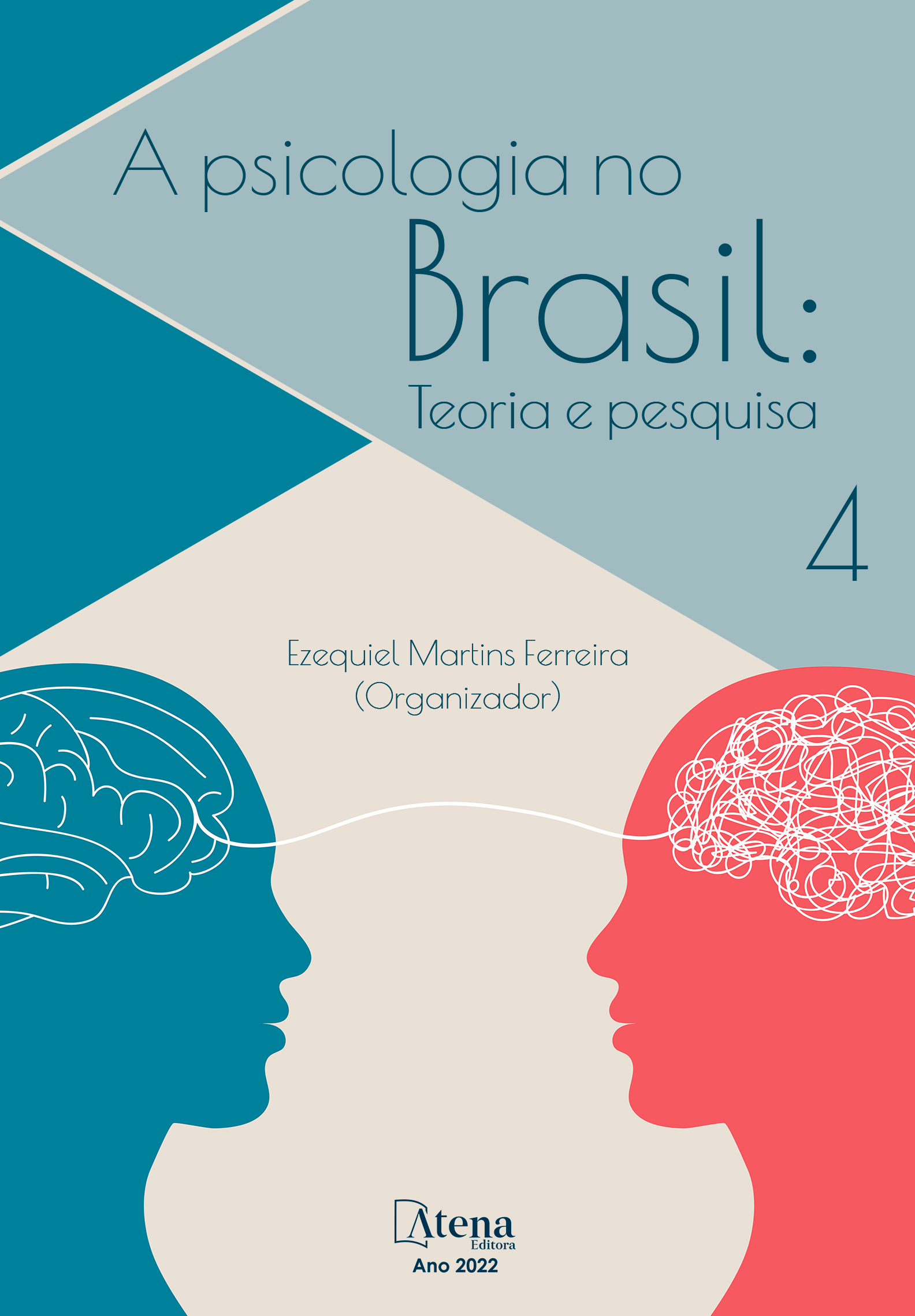
VALORACIÓN DEL ESTADO COGNOSCITIVO MEDIANTE LA ESCALA BREVE DEL ESTADO MENTAL (EBEM), EN ADULTOS MAYORES RESIDENTES EN UNA INSTITUCIÓN DE ASISTENCIA SOCIAL EN LA CIUDAD DE MÉXICO
Introducción: El envejecimiento y la vejez como parte del proceso vital en ser humano conllevan múltiples condiciones, particularidades y una gran heterogeneidad; no obstante, los estados de salud en general y en particular las alteraciones cognitivas, adquieren mayor relevancia en esta etapa de la vida por su impacto en los ámbitos personales, familiares y sociales. Estudio de tipo observacional, descriptivo transversal y analítico. Metodología: la investigación Condiciones de Vida y Salud Mental en Adultos Mayores de 60 años y más, evaluó a través del instrumento COVYSMAM-LJ, aplicado por entrevista directa, cara a cara, el estado cognoscitivo de un grupo de ancianos residentes en una institución de asistencia social en la ciudad de México. La información que se presenta fue obtenida mediante la aplicación de la Escala Breve del Estado Mental (EBEM). Resultados: Para la clasificación de los puntos de corte, se tomó en cuenta tanto la desviación estándar como el rango de puntajes, de tal forma se clasificaron en tres categorías: “Normal”, puntajes de 25 a 30, clasificándose el 30%, en un segundo (15%), con puntajes de 18 a 24 “Leve” y en el tercero identificado como “Moderado” el 35% con puntajes de 12 a 17. Respecto a sus características demográficas, se observó, mayor afectación en las mujeres, en los grupos de edad avanzada y en el nivel de escolaridad. Conclusiones: Las repercusiones de las disminuciones cognitivas que se presentan en los adultos mayores impactan en sus estados funcionales e inciden en sus niveles de independencia y autonomía para la realización de las actividades de la vida cotidiana. Se requiere realizar investigaciones que incluyan factores psicosociales y biomédicos, lo que permitiría implementar estrategias integrales de atención a los déficits cognitivos que se presentan en esta población.
VALORACIÓN DEL ESTADO COGNOSCITIVO MEDIANTE LA ESCALA BREVE DEL ESTADO MENTAL (EBEM), EN ADULTOS MAYORES RESIDENTES EN UNA INSTITUCIÓN DE ASISTENCIA SOCIAL EN LA CIUDAD DE MÉXICO
-
DOI: 10.22533/at.ed.5062220045
-
Palavras-chave: Adultos Mayores, Estado Cognoscitivo, Institución de Asistencia Social, Ciudad de México, Escala Breve del Estado Mental (EBEM).
-
Keywords: Elderly, Cognitive Status, Social Assistance Institution, Mexico City, Brief Scale of Mental Status (EBEM).
-
Abstract:
Introduction: As a part of the vital process in human beings the oldness and the old age carry several conditions, particularities and big heterogeneity; however, in general mental health´s states in general and cognitive alterations in particular, acquire greater relevance at this stage of life due to their impact on the personal, family and social contours. Observational, cross-sectional descriptive and analytical study. Methodology: the research Conditions of Life and Mental Health in Adults Over 60 years and over, evaluated through the COVYSMAM-LJ instrument, applied by direct, face-to-face interview, the cognitive status of a group of elderly residents in a nursing home social assistance in Mexico City. The information presented was obtained through the application of the Brief Mental State Scale (EBEM). Results: For the classification of the cut-off points, both the standard deviation and the range of scores were taken into account, in such a way that they were classified into three categories: "Normal", scores from 25 to 30, classifying 30%, in a second (15%), with scores from 18 to 24 "Mild" and in the third identified as "Moderate" 35% with scores from 12 to 17. Regarding its demographic characteristics, it was observed, greater affectation in women, in the older age groups and in the level of schooling. Conclusions: The repercussions of the cognitive decreases which are presented in the older adults have an impact in their functional states and have an incidence in their levels of independence and autonomy for the fulfillment of their everyday life activities. It is necessary to carry out investigations with the inclusion of psychosocial and biomedical factors, this will permit to implement integral strategies for the attendance of the cognitive deficits which are generally presented in this kind of population.
-
Número de páginas: 15
- Guadalupe Barrios Salinas
- Blanca Estela López Salgado
- María Luisa Rascón Gasca
- Yolanda Castañeda Altamirano
- Tomás Cortés Solís
- Jorge Luis López Jiménez


